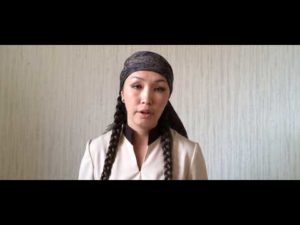
Kazas is the traditional home of the indigenous Shors and is located several hundred meters from a coal mine. The owners of the five homes destroyed by fire were the village’s last residents; they had refused to sell their homes…

Kazas is the traditional home of the indigenous Shors and is located several hundred meters from a coal mine. The owners of the five homes destroyed by fire were the village’s last residents; they had refused to sell their homes…
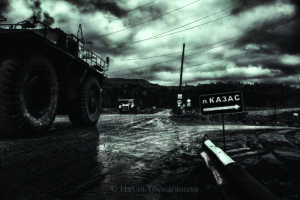
On November 26, 2013, a fire broke out in Yury Kastarakov’s house in the village of Kazas, Myski District, Kemerovo Oblast. The same thing happened in Vladimir Tokmagashev’s house one month later, on December 29. There were no injuries, but…
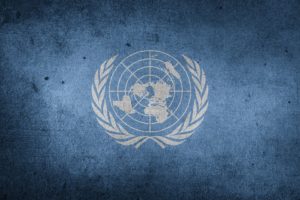
The United Nations’ Committee on Human Rights Committee (HRC) has examined the implementation of the International Covenant on Civil and Political Rights by the Republic of Tajikistan during its 126th session. The Committee’s experts pointed out the negative consequences of…
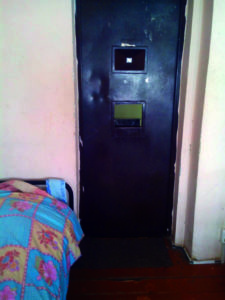
Four beds are squeezed into a tiny room with dirty grey walls. There is hardly any space in the room. There’s also a shower and a toilet here, separated by a curtain. Sunlight illuminates the room through the bars. This…
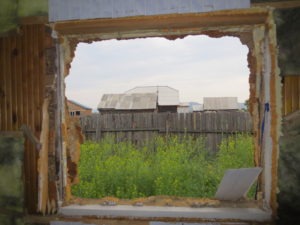
On August 2, 1944, almost three thousand of Roma were sent to the gas chambers in the Nazi death camp Auschwitz – Birkenau (occupied Poland). Just in 2015 a basic recognition of Romani victims was achieved and August 2nd was…
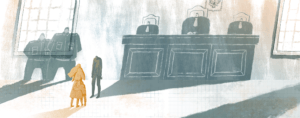
In expelling foreign citizens for minor violations, the migration authorities are separating families and leaving children without parents, guardians, and breadwinners. Imagine a driver exceeding the speed limit. Or a pedestrian crossing the street in the wrong place. And then,…
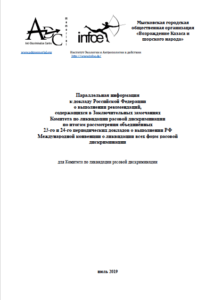
In July 2019 ADC Memorial, Mysky local civic organization “Revival of Kazas and Shor people” and Institute for Ecology and Action Anthropology (Germany) submitted information regarding the situation with Shor people and other indigenous peoples of Russia to Committee on…
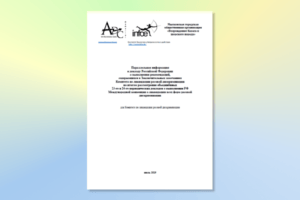
In July 2019 ADC Memorial, Mysky local civic organization “Revival of Kazas and Shor people” and Institute for Ecology and Action Anthropology (Germany) submitted information regarding the situation with Shor people and other indigenous peoples of Russia to Committee on…
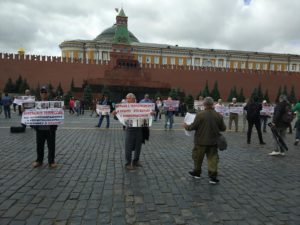
On July 10, 2019, several dozen Crimean Tatars protested at the Red Square in Moscow holding posters, which said: “Our children are not terrorists. Stop repressions against Crimean Tatars!”, “Stop ethnic and religious repression in Crimea!”, “The fight against terrorism…
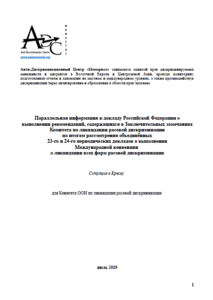
In August 2017 Committee on Elimination of Racial Discrimination adopted the Concluding Observations on the report of Russia. In paras 19-20 the Committee expressed its concern regarding the ban and strict limitations on the operation of Crimean Tatar representative institutions,…